
Half-Marathon Training Program
Here’s a 12-week training plan to help you prepare for a half-marathon (13.1 miles). The plan gradually increases in intensity to build endurance, speed, and overall running fitness. It’s suitable for beginners or those looking to improve their half-marathon time.
This 12-week plan prepares you to cover 13.1 miles with confidence — whether it’s your first half or you’re aiming for a personal best.
Each week includes four pillars:
- Easy runs for aerobic base and active recovery
- Tempo runs for strength at speed
- Interval training for power and efficiency
- Long runs to build endurance and mental resilience
Mileage increases gradually, with cutback weeks every few cycles to prevent burnout and allow your body to rebound stronger.
The biggest mistake runners make during half marathon training is “racing” their training runs. Keep easy efforts easy. Save the grit and fire for the structured workouts — and ultimately, race day.
This plan uses three main types of workouts: long runs, intervals, and tempo runs.
Together, they build your engine, your speed, and your ability to hold a strong pace for the full 5K.
Long Runs 🐉
Long runs are the cornerstone of endurance training. They improve your aerobic capacity, muscular endurance, and mental stamina.
Keep the pace comfortable and conversational. You should be able to talk in full sentences without gasping for air. The goal is time on feet and smooth, steady effort.
Interval Runs 👯
Interval training alternates fast running with easier recovery. This improves your ability to run faster for longer by challenging your anaerobic system.
A classic session is the 400-meter repeat (about a quarter mile): run 400m hard, then jog or walk 200m to recover.
You can also use time-based intervals, like:
- Run 1:00 fast, walk 1:00 easy
- Run 0:45 fast, walk 1:30 easy
- Run 0:30 fast, walk 2:00 easy
Repeat that sequence 4+ times, keeping the fast segments controlled, not all-out sprints.
Tempo Runs 🐎
Tempo runs are “comfortably hard” — faster than your easy pace, but sustainable for the full duration of the workout.
These sessions help raise your lactate threshold (the point where fatigue builds quickly), which means you can hold a faster pace for longer on race day.
Hill Repeats 🐏
Hill repeats are an excellent way to build strength, power, and speed. Running uphill forces you to engage more muscle fibers, particularly in the legs and core, while also improving your cardiovascular fitness.
Find a hill with a moderate incline and run up at a hard effort, then jog or walk back down for recovery. Repeat the cycle multiple times, gradually increasing the number of repetitions as you get stronger.
Warmups 🔥
A proper warm-up prepares your body and nervous system for running. It gradually elevates your heart rate, increases blood flow to your muscles, and wakes up your coordination.
Start each run with 5 minutes of easy walking or light jogging. As you progress, you can add simple drills (skips, high knees, butt kicks, leg swings) to dial in your form.

Cooldowns ❄️
Cooling down helps your body transition smoothly from effort to rest. It gradually lowers your heart rate and can reduce post-run heaviness and dizziness.
After each run, walk for 5–10 minutes. When you have time, follow it with a short stretching or mobility session and some deep, relaxed breathing.
Cross Training and Recovery
Strength work, gentle yoga, and breathwork all support better posture, resilience, and focus on the run. If you want guided support, pair this plan with:
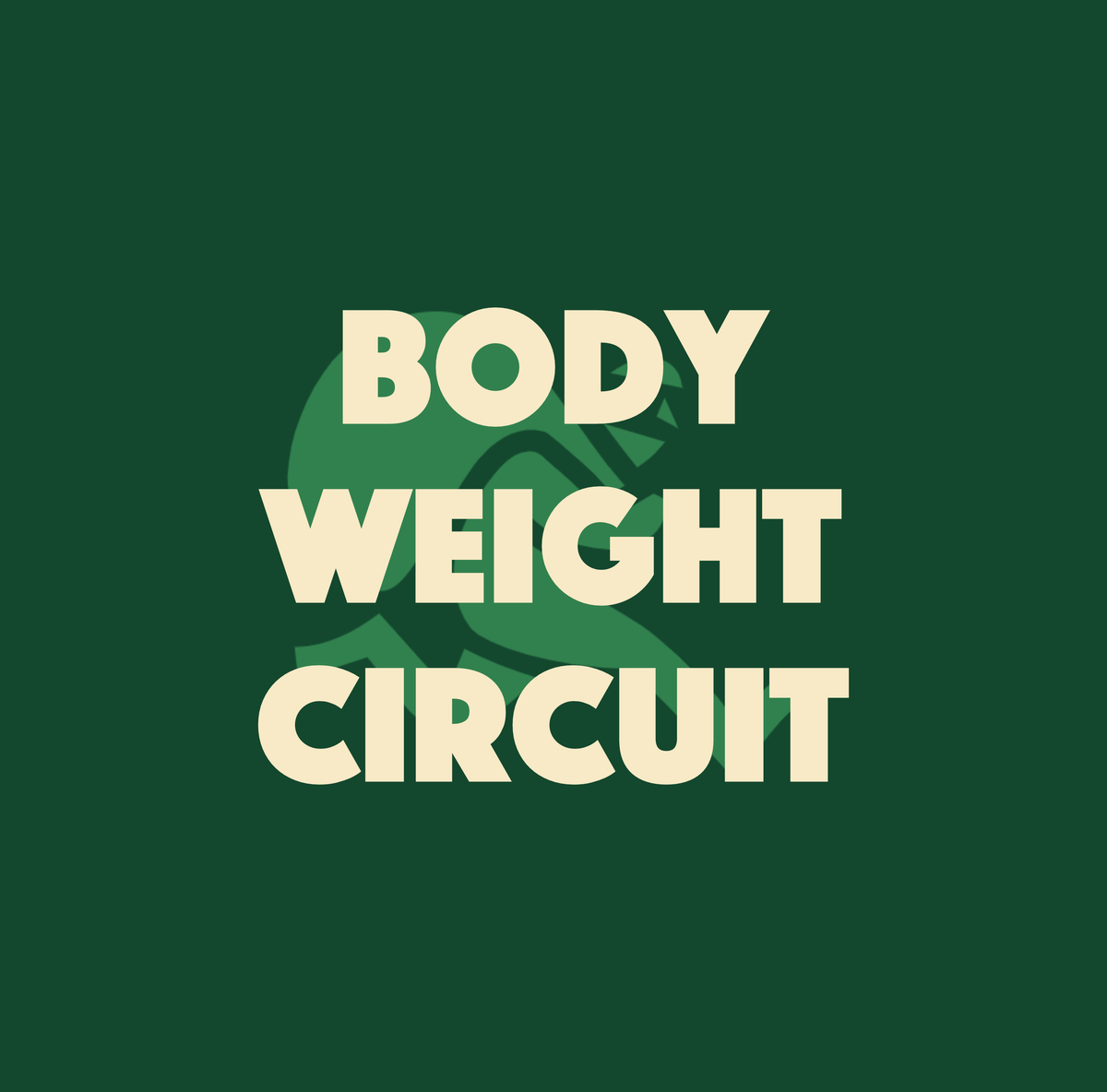
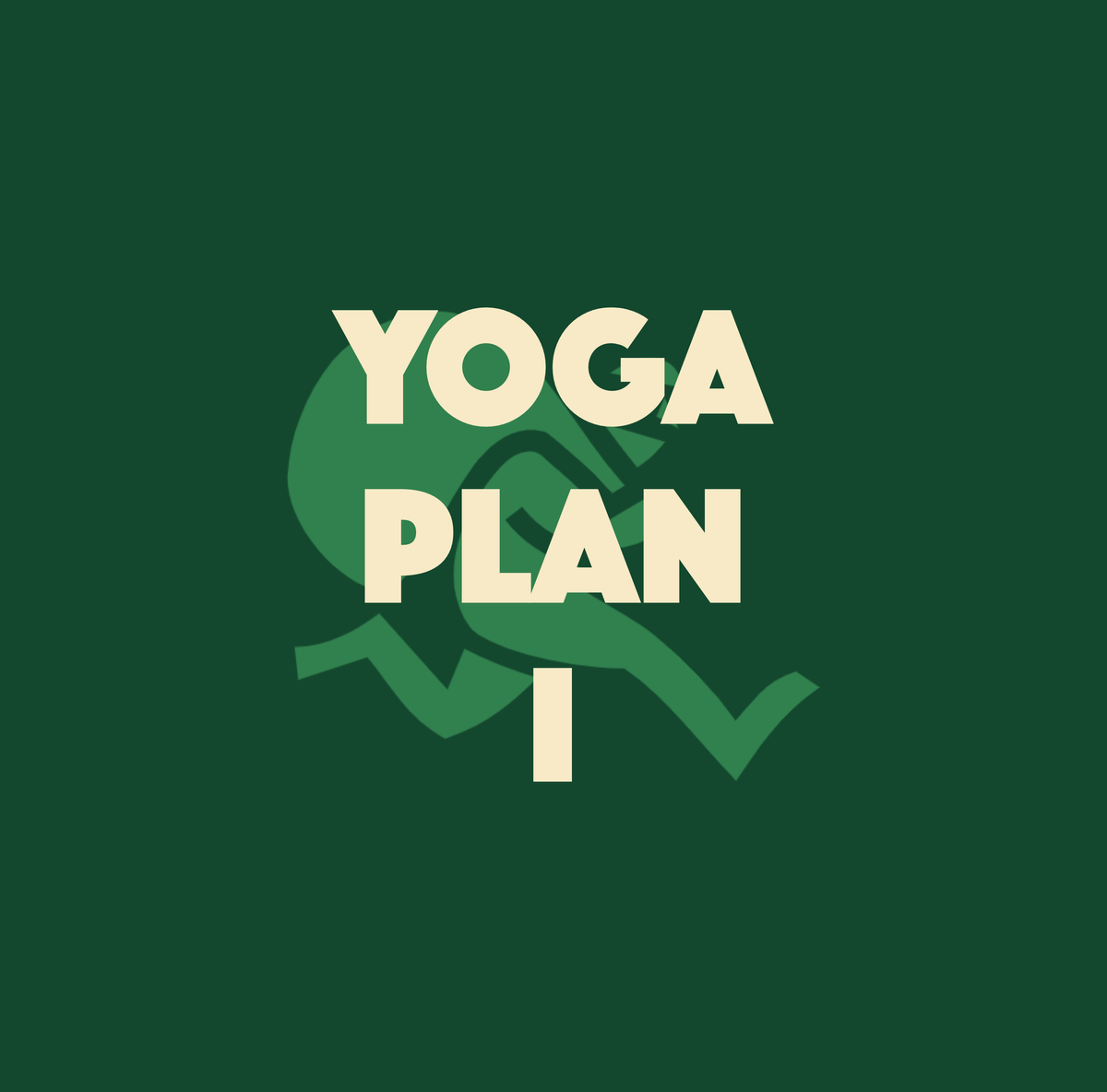
Final Tips 🏁
- Aim for at least 7 hours of sleep per night whenever possible.
- Fuel with plenty of carbs and protein — you’re asking more from your body now.
- Keep a simple log of miles, how you felt, and any notes. Patterns matter.
- During workouts, it’s okay to slow down or walk — just try to stay in motion and finish the session.
Follow the weeks in order. If a week feels too hard, it’s better to repeat it than to push through exhausted. Consistency beats heroics.
| Week | Mon | Tue | Wed | Thu | Fri | Sat | Sun |
|---|---|---|---|---|---|---|---|
| 1 | 30 min cross | 3 mi run | 4 mi run | 3 mi run | Rest | 3 mi run | 4 mi run |
| 2 | 30 min cross | 3 mi run | 4 mi pace | 3 mi run | Rest | 3 mi pace | 5 mi run |
| 3 | 40 min cross | 3.5 mi run | 5 mi run | 3.5 mi run | Rest | Rest | 6 mi run |
| 4 | 40 min cross | 3.5 mi run | 5 mi pace | 3.5 mi run | Rest | 3 mi run | 7 mi run |
| 5 | 40 min cross | 4 mi run | 6 mi run | 4 mi run | Rest | 3 mi pace | 8 mi run |
| 6 | 50 min cross | 4 mi run | 6 mi pace | 4 mi run | Rest or easy run | Rest | 5-K Race |
| 7 | Rest | 4.5 mi run | 7 mi run | 4.5 mi run | Rest | 4 mi pace | 9 mi run |
| 8 | 50 min cross | 4.5 mi run | 7 mi pace | 4.5 mi run | Rest | 5 mi pace | 10 mi run |
| 9 | 60 min cross | 5 mi run | 8 mi run | 5 mi run | Rest or easy run | Rest | 10-K Race |
| 10 | Rest | 5 mi run | 8 mi pace | 5 mi run | Rest | 5 mi pace | 11 mi run |
| 11 | 60 min cross | 5 mi run | 6 mi run | 4 mi run | Rest | 3 mi pace | 12 mi run |
| 12 | Rest | 4 mi run | 4 mi pace | 2 mi run | Rest | Rest | Half Marathon |
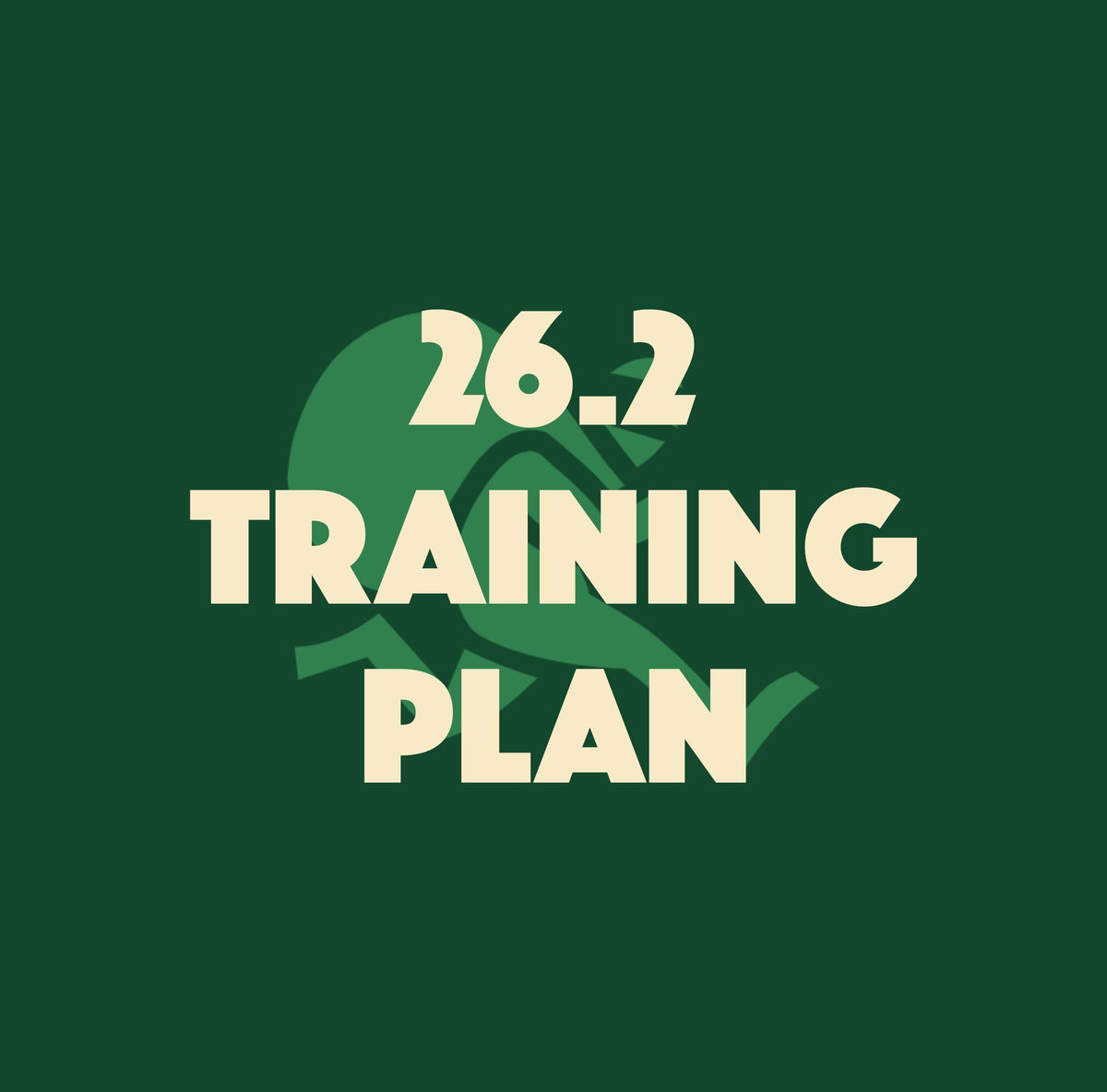










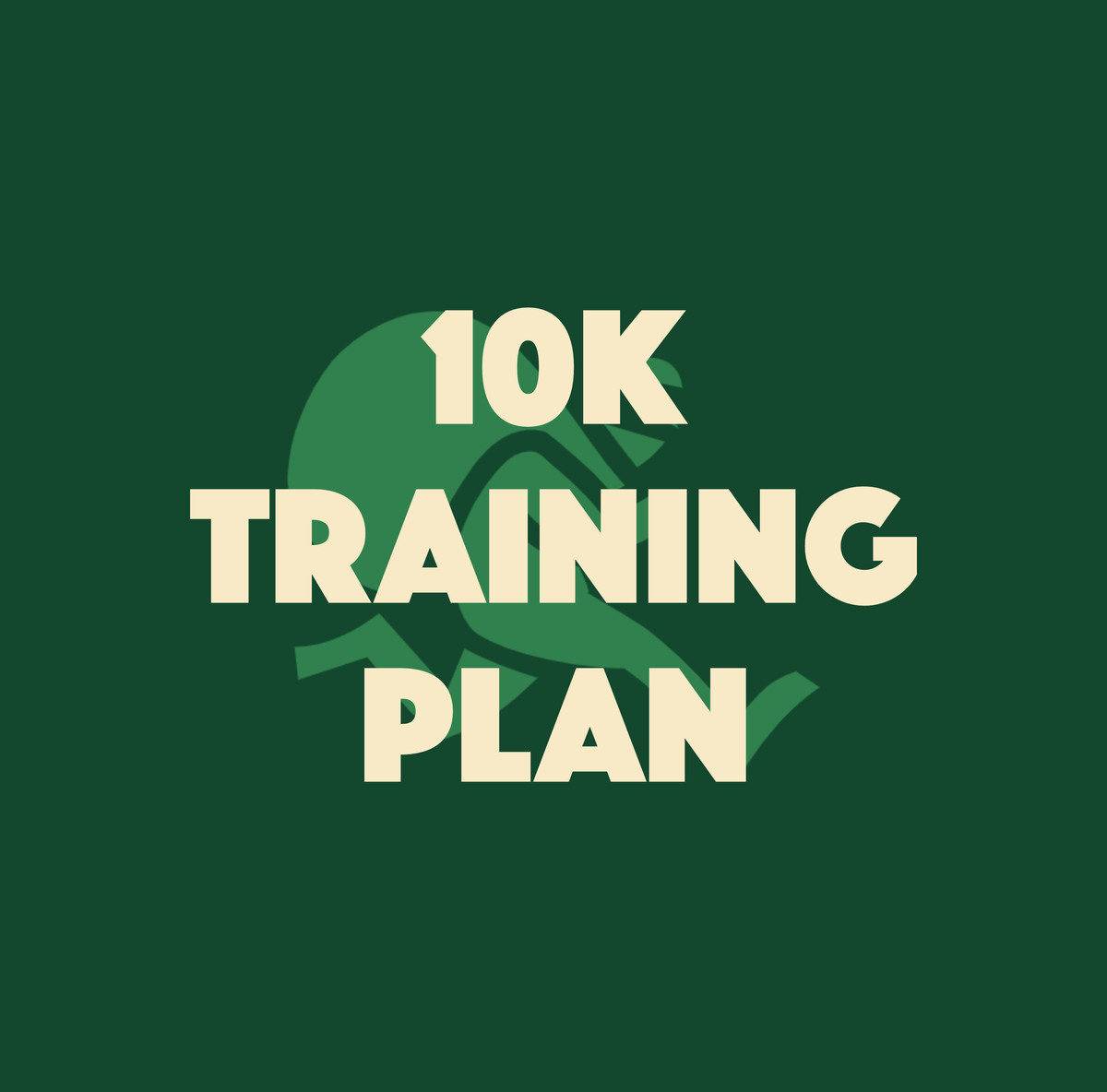
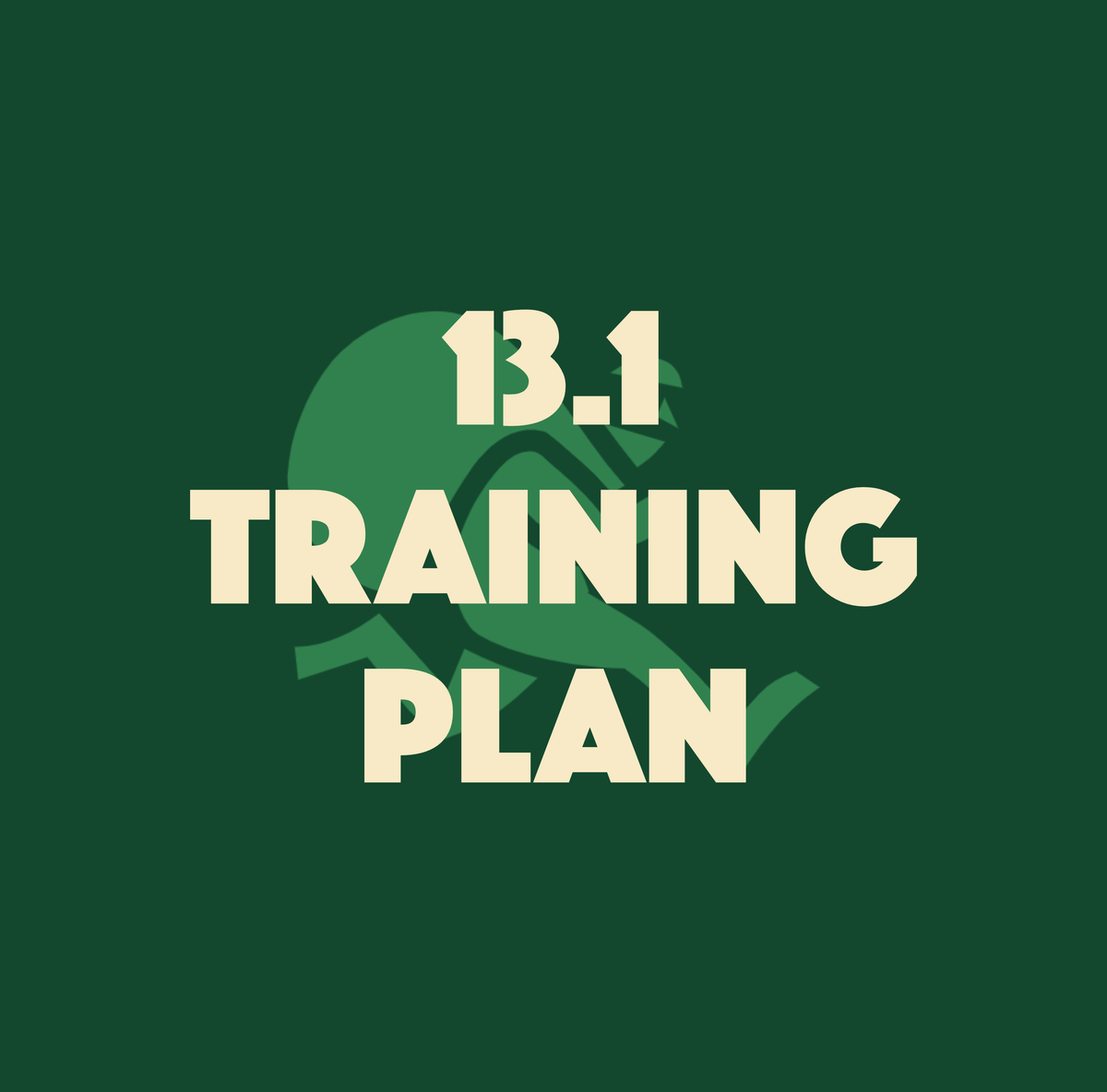
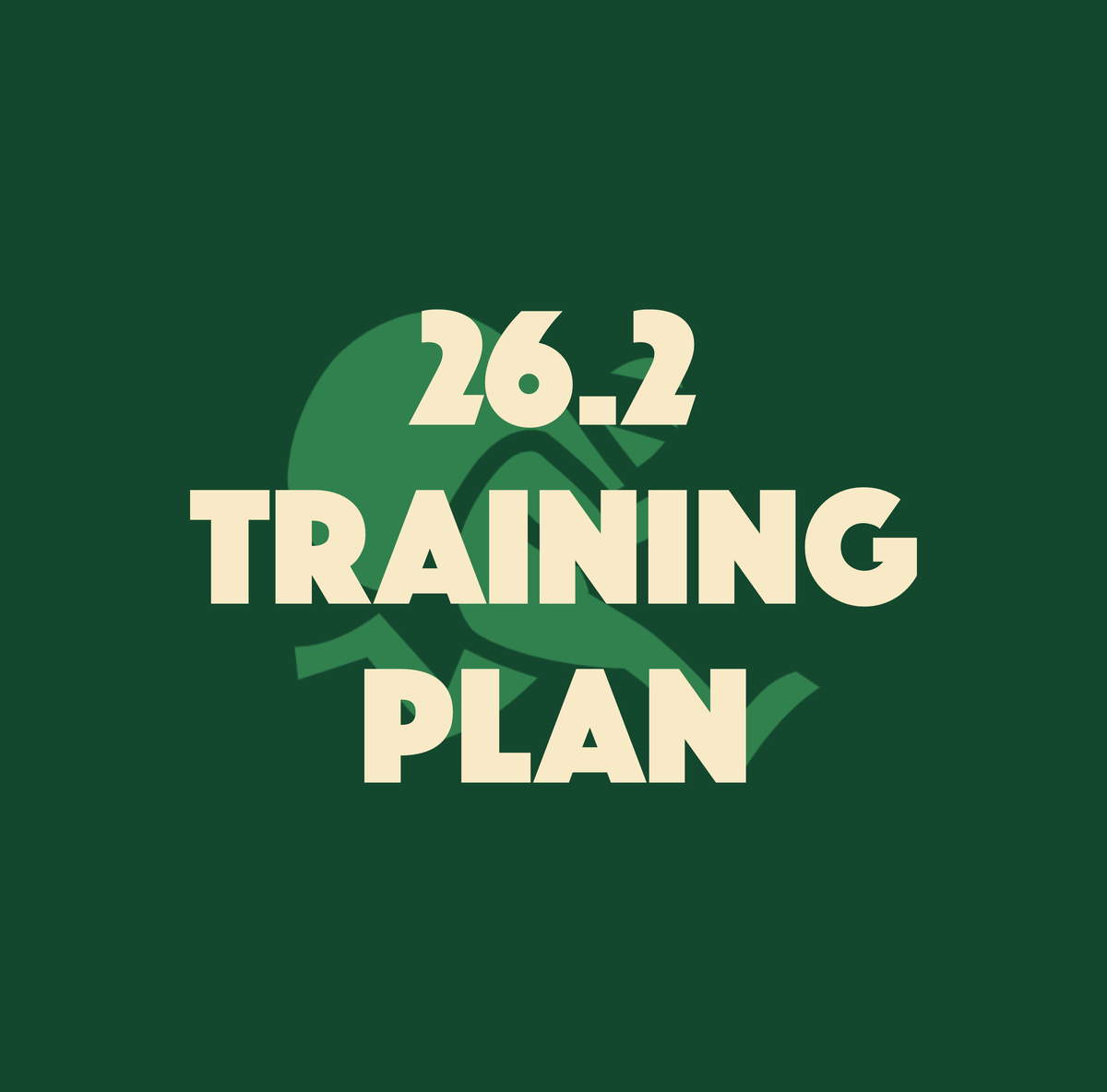






Subscribe to get updates on new content, merch and more from Sendō Worldwide.
Browse the Online Shop for apparel, accessories and training books to equip yourself for the path ahead.
Have a tip, story, or idea? It could end up in a future post. Email me anytime with questions, thoughts, or even confessions — we're all in this together.























